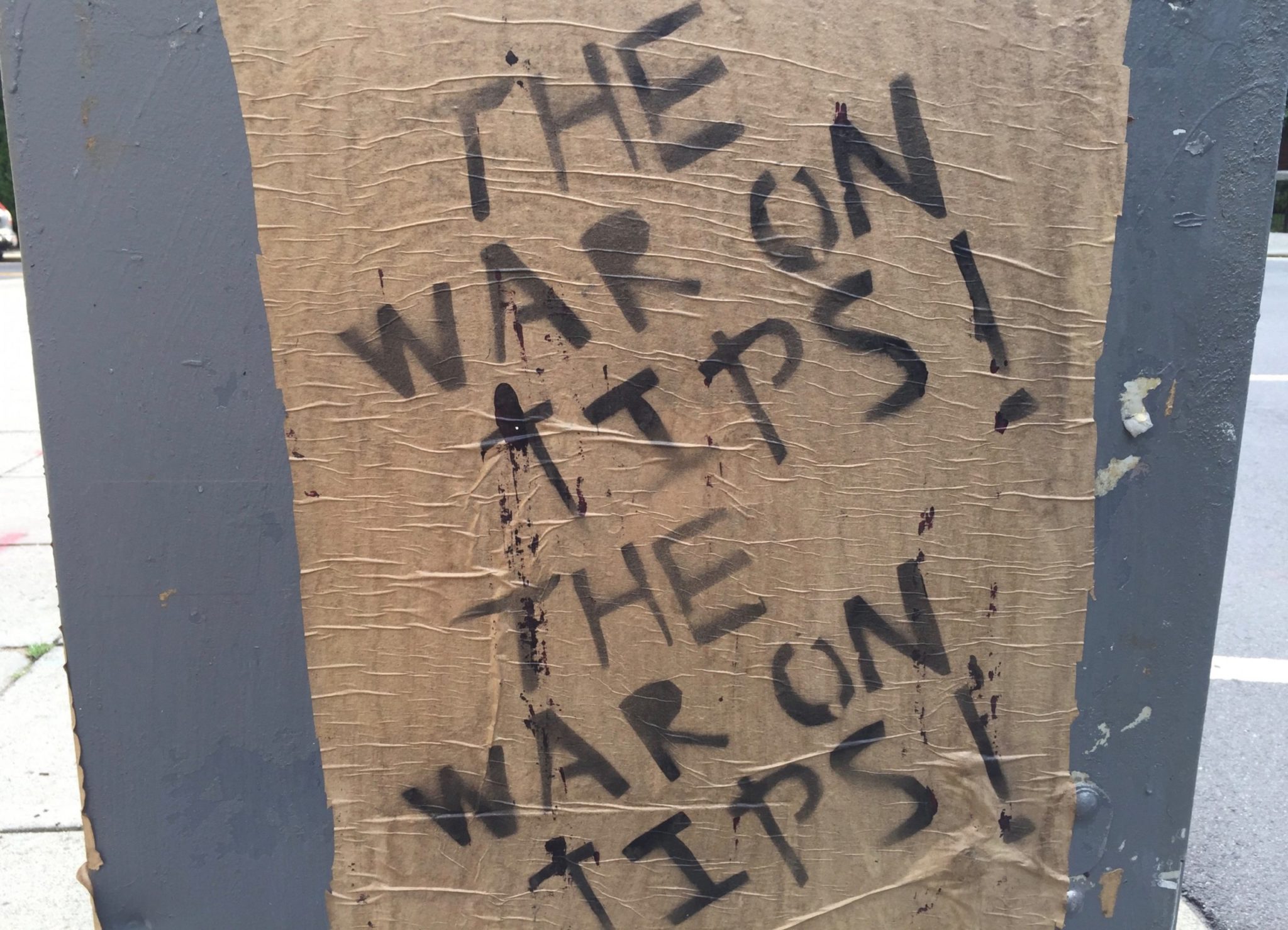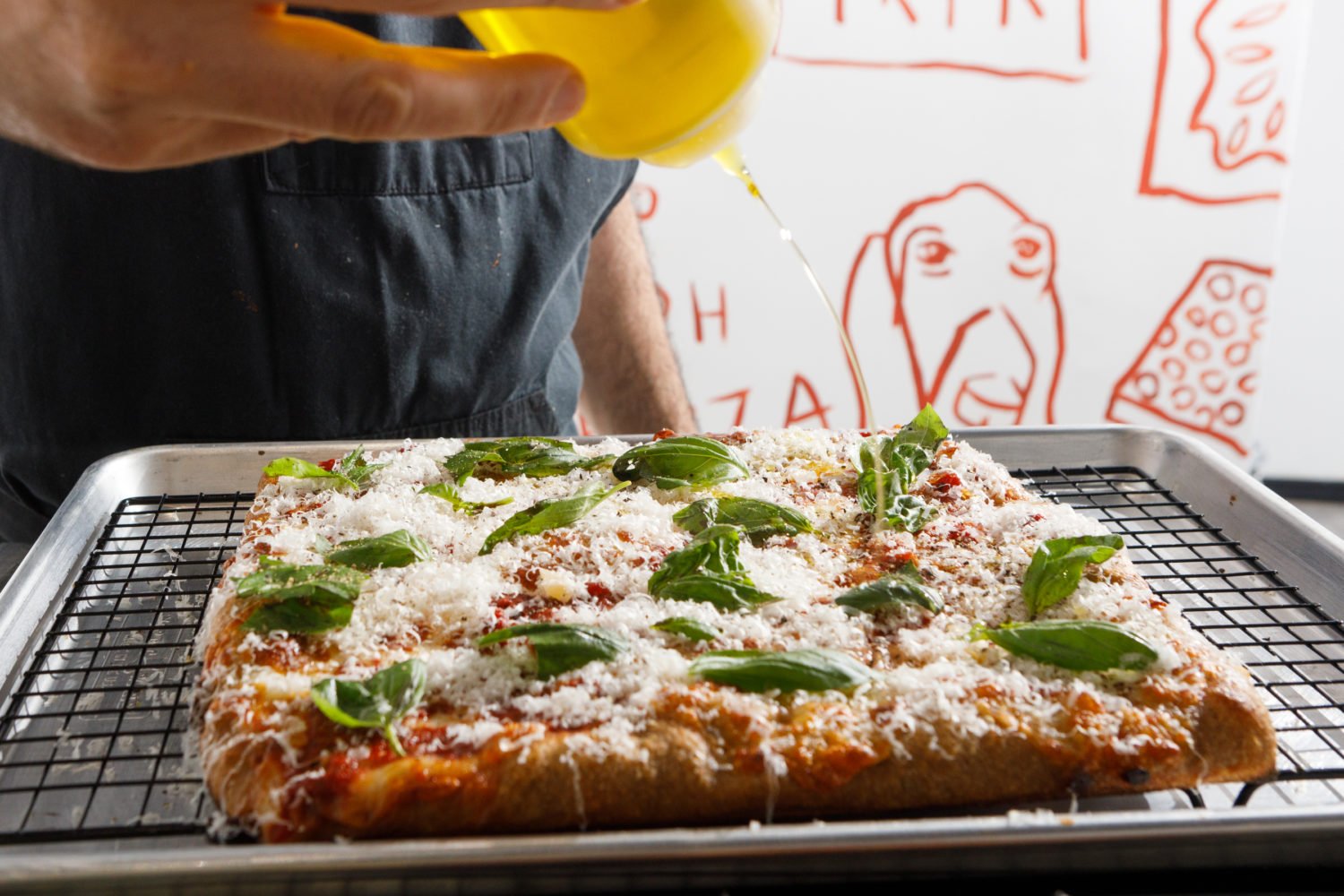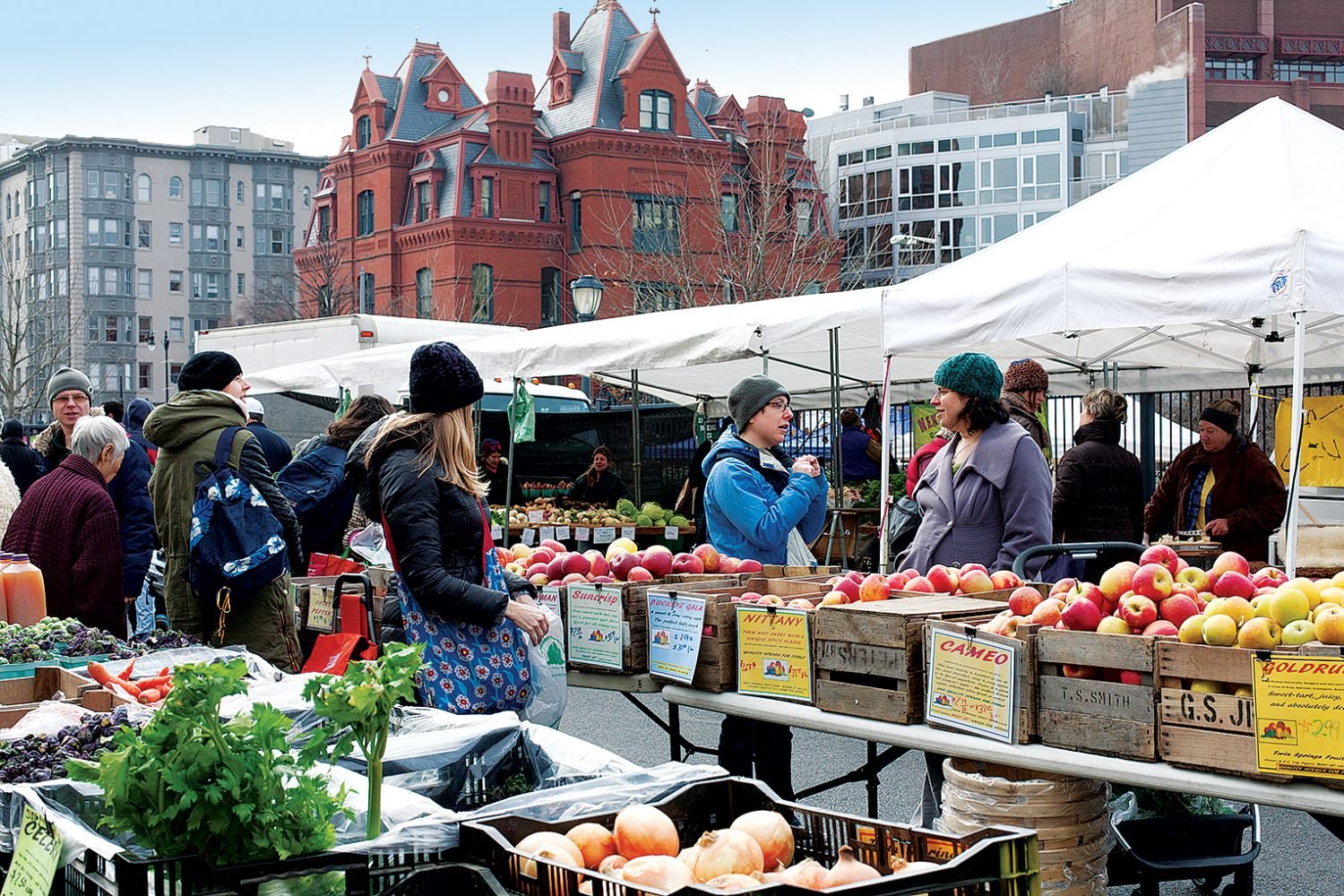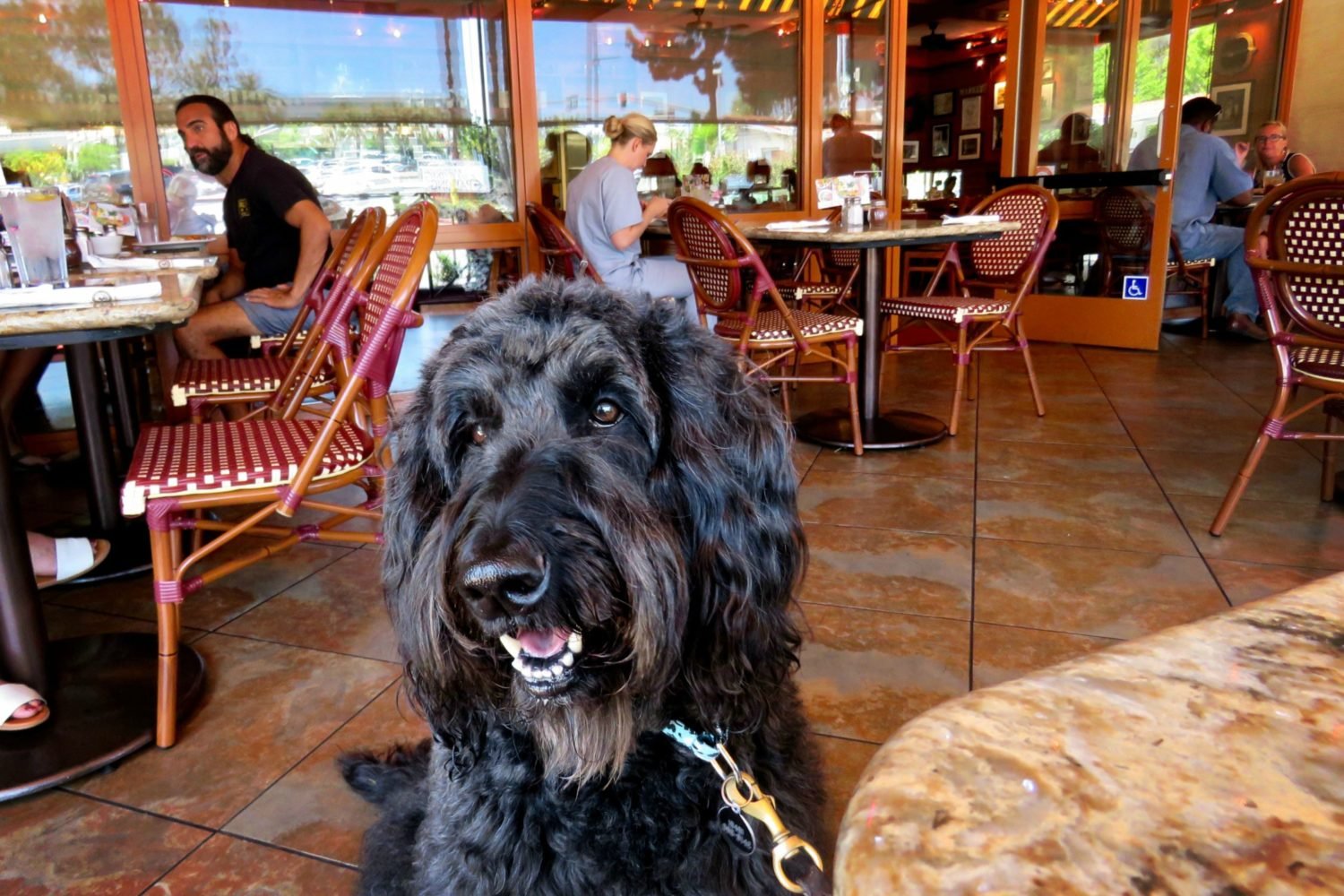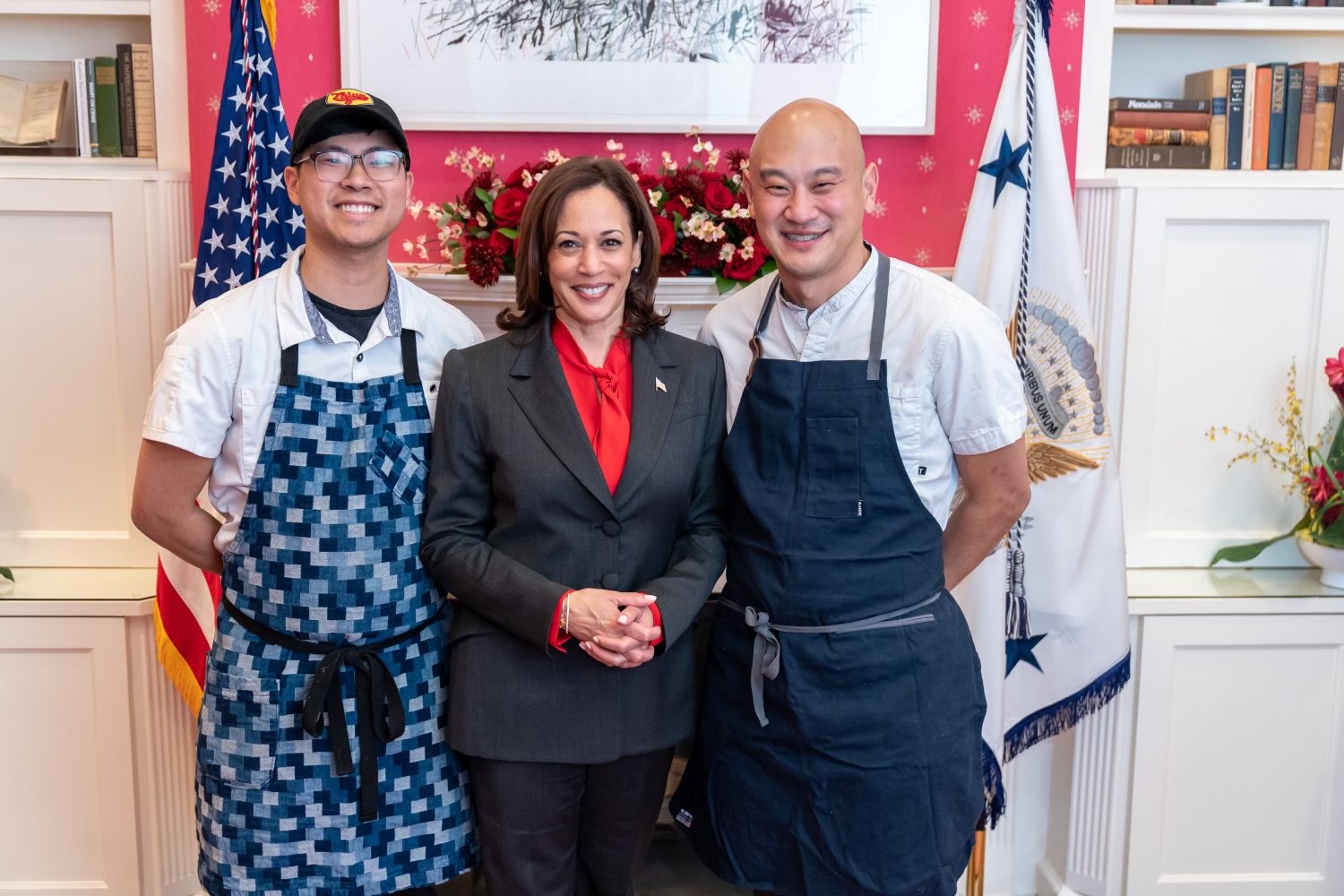Initiative 77, a DC ballot measure that means big changes for the restaurant industry, has passed. Gradually over the next seven years, employers will go from paying servers, bartenders, and other tipped workers at least $3.33 an hour to $15. Currently, those employees earn the majority of their wages from tips, and businesses are legally required to make up the difference if anyone falls short of the $12.50 minimum wage (which was already set to rise to $15 by 2020).
What does this all mean? What happens next? Based on arguments from both sides, we imagine four potential scenarios:
The Doomsday Scenario
Faced with massive increased labor costs, restaurants across the city will close. The hardest hit are the small independent eateries that have turned DC into a dining destination. Chefs who were eyeing the District to open cool new concepts start looking elsewhere.
Businesses that survive increase prices significantly, causing people to dine out less and tip less. Restaurateurs are also forced to make dramatic staff cuts in the front and back of the house, leaving those remaining stressed and overworked. Service gets worse. Shortcuts are taken in the kitchen.
Servers, bartenders, and other tipped employees are given fewer shifts. They’re also no longer making as much money because the restaurants where they work have eliminated tipping altogether. Instead, their employers have instituted service charges, but the front-of-house staff hardly sees any of that money. Many tipped workers leave the District, or the industry, altogether.
The Middle-Ground Scenario
Some restaurants close, but it’s not significantly more than the regular pace of turnover. Restaurants—interesting independent ones even!—continue to open, although some potential owners think twice and focus their real estate searches elsewhere.
Business owners learn to adapt—but not without some struggle and tough decisions—over the seven years of gradual increases before the tipped minimum wage reaches $15. Yes, cocktails and burgers are more expensive, and some people bitch about it, but for the most part, diners continue to spend (and tip) as usual. Some restaurants opt for a service charge in lieu of tipping, but you can still leave gratuities at most restaurants. There’s no universal consensus on whether tipped workers make more or less than they used to; it depends on where you work.
Jobs aren’t quite as plentiful as they were in 2018, when many restaurants were desperate for qualified servers and cooks. Some talent leaves DC—hey, maybe Bethesda finally becomes cool—but it’s hardly a mass exodus of workers. The District is still the epicenter of the dining scene, but the real boom is in the ‘burbs.
The Best Case Scenario
Some restaurants close, but hey, they were poorly managed and/or barely getting by to begin with. Most, though, find smart ways to be efficient and save costs in order to cover increased paychecks. The growth of the dining scene doesn’t slow down one bit. Restaurants want to be here for the same reasons they’ve always wanted to be here.
Business owners have plenty of time to adjust to the new minimum wage, so its effects aren’t as burdensome as many predicted. Because the change is so gradual, most diners never really notice the increased costs. People tip how they’ve always tipped. Servers and other tipped workers make more money.
The higher base wage helps give tipped workers a greater sense of pride and professionalism in their work. People who’ve struggled to make ends meet have less fear about the inconsistency between paychecks. Wage theft becomes less of a problem. Employees feel empowered to stick up to harassment.
The Reversal Scenario
The majority of the DC Council and Mayor Muriel Bowser have been against Initiative 77 from the get-go. Under pressure from restaurants and tipped workers fearing for the livelihoods, elected officials could potentially reverse voters’ decision. Alternately, Congress could change or overturn the decision, given that all DC laws head to the Hill for a 30-day congressional review period.
Already, it looks like the Restaurant Association Metropolitan Washington is gearing up to fight voters’ decision. “We certainly are going to do everything we can to see that these issues are addressed thoughtfully and appropriately, and we don’t think that can be done in a ballot question where the language of the initiative itself is so misleading,” Andrew Kline, the group’s lawyer, said Tuesday before the vote was in.
Kline questions the legitimacy of the vote from a political and practical standpoint. “We have serious concerns about deciding such an important issue in a primary election in the middle of the summer when Independents and few Republicans have any reason to come out and vote,” he says. “And many Democrats likely won’t because there’s no contest at the top of the ticket.”
A reversal wouldn’t be unprecedented. In 2016, Maine voters approved a referendum to eliminate the tip credit system by 2024. But after an outcry from restaurant workers, the state’s legislators overturned the public’s decision less than a year later.
DC councilmembers overturning a ballot initiative wouldn’t be unprecedented either. Perhaps most notably, in 2001, the DC Council reversed a 1994 voter-approved referendum that placed term limits on elected officials.

